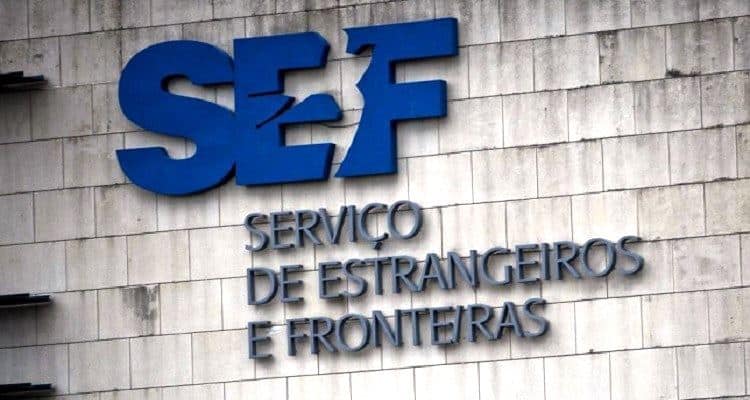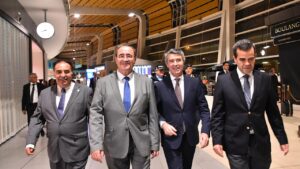SEF borders agency inspectors are this week interviewing the eight young Moroccan men who arrived in the Algarve on a rickety old fishing boat just before Christmas.
The idea is to decide whether or not to grant them asylum.
Says Público, the interviews are expected to extend into next week.
Meantime, inquiries are continuing into whether the group really came on their own from the town of El Jadida (as they originally intimated) or whether they were helped by ‘a network’ (people traffickers).
For now, the young men (who gave ages ranging from 16-26) are in the care of the Portuguese Refugee Council (CPR). The youngest member is being looked after in a home for refugee children, while the other seven are lodging in a hostel in Lisbon (as the CPR’s own premises are full).
Throughout the period of ‘analysis’ of their requests, the men have been guaranteed the rights of “medical assistance, education, accommodation and means of subsistence”.
Explains Público, what will be determined now is whether they truly satisfy the demands of the asylum law. These are that asylum seekers are “persecuted or seriously threatened with persecution as a consequence of activity exercised in the State of their nationality, or their habitual residence, in relation to democracy, social and national liberty, peace among peoples, human rights and liberty”.
Asylum can also be granted if a person can show reason why he or she “fears persecution because of race, religion, nationality, political opinions or integration within a group” and who “cannot or does not want to return to the State of their nationality or habitual residence”.
After being picked up by authorities in Monte Gordo last month, the young men appeared to say that they were fleeing El Jadida because it was impossible to earn a living in Morocco.
The only member of the group who spoke French told Jornal do Algarve journalist João Prudêncio: “To be honest, Morocco is not a nice place. There is no work, there is no education, no human rights, no children’s rights. The worst is that there is no work”.
Locals who came into contact with the youngsters were mystified as to why only one spoke French, bearing in mind this is a language widely-spoken in Morocco.
All the others spoke only Arabic, and according to reports at the time, were fit, well and in possession of “good mobile phones” with which they spoke enthusiastically with family members.
Subsequent texts confirmed that the group had started their sea journey with at least four others (click here).


























